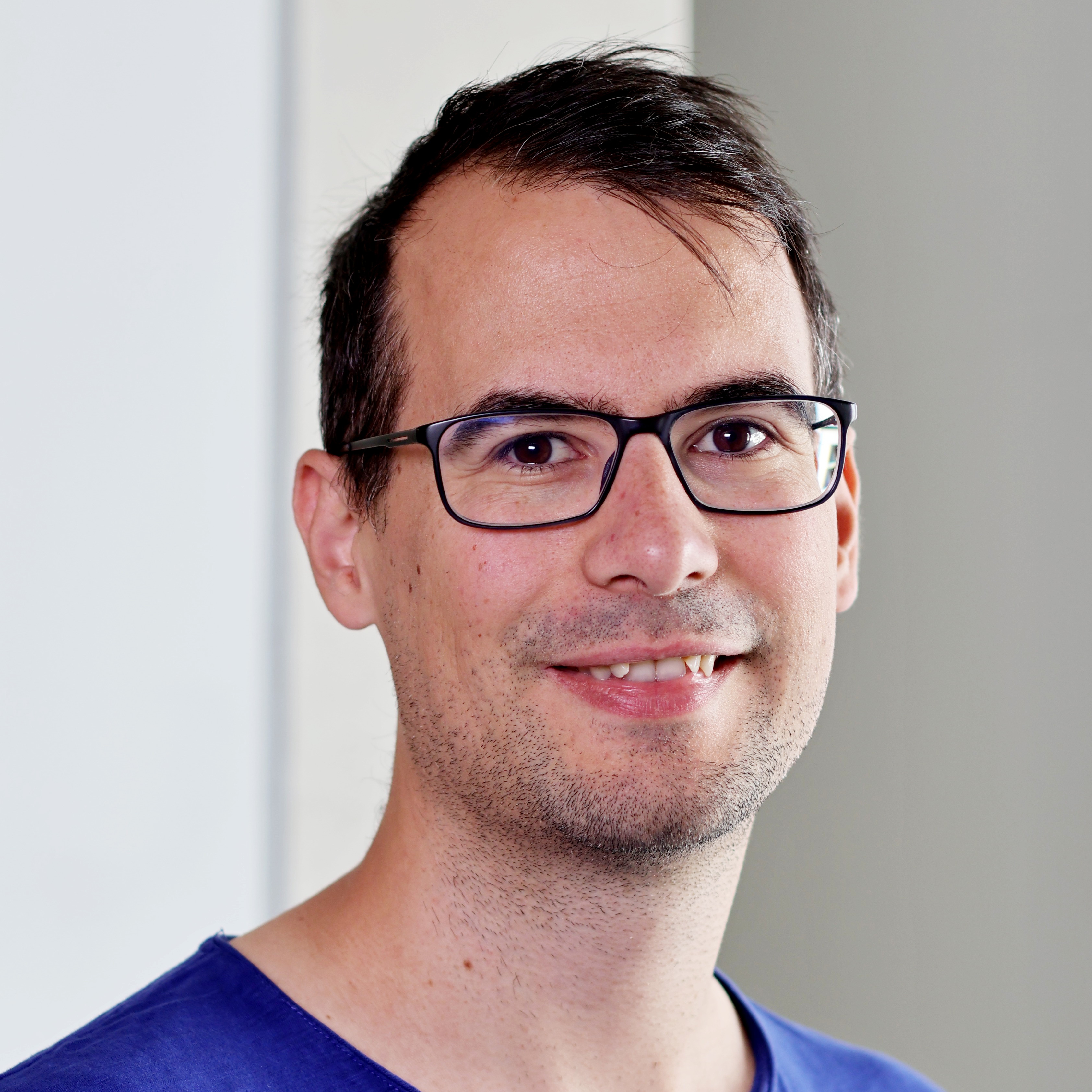MQV-Kolloquien sind interdisziplinäre Vorträge, die sowohl von lokalen als auch von eingeladenen internationalen Experten gehalten werden. Die Kolloquien, die per Videokonferenz für ein weltweites Publikum zugänglich sind, decken alle Facetten der Quantentechnologien ab, wobei der Schwerpunkt auf den Forschungsaktivitäten des MQV liegt. Ziel der Reihe ist es, Verbindungen zu Experten:innen auf dem Gebiet der Quantentechnologie weltweit herzustellen und zu stärken und eine Plattform für Bildung und wissenschaftlichen Austausch in und mit dem lokalen Quanten-Ökosystem zu bieten.

"Protected qubit control with sub-harmonic parametric driving"
Christian Schneider – WMI/TUM
Abstract
Isolating qubits from environmental noise while maintaining fast, high-fidelity control is a central challenge in quantum information processing. With recent advancements in the fabrication of superconducting circuits, the control channel has become a more significant limit for qubit coherence.
In this talk, I will present our recent findings on isolating a superconducting fluxonium qubit from its noisy control environment while still allowing for fast, high-fidelity operations. We achieve this by adding a low-pass filter below the qubit frequency, which diminishes resonant qubit coupling to the control line. Although this prevents resonant qubit control, we overcome this by parametrically driving the qubit at integer fractions of its transition frequency, allowing us to achieve Rabi oscillations through the protected channel. We demonstrate coherent control using up to 11-photon sub-harmonic drives through driving the qubit at 1/11 of its resonant frequency, highlighting the strong non-linearity of the fluxonium potential. To better understand and validate the experimental findings, we developed an effective Hamiltonian model for sub-harmonic driving using a Magnus expansion, which predicts the observed behavior up to the fifth sub-harmonic. We verify that we can reach the fidelities of resonant control by benchmarking a sub-harmonic gate fidelity above 99.94% for the 3rd sub-harmonic. These results open a scalable path for full fluxonium control via a single protected channel, significantly suppressing qubit decoherence caused by control lines.
Short bio
- Since 2022 – Postdoc, Group of Prof. Stefan Filipp at the Walther-Meissner-Institute, TUM
Focus on scaling alternative qubits - 2021–2022 – Postdoc, Group of Prof. Gerhard Kirchmair at the University of Innsbruck,
Institute for Quantum Optics and Quantum Information, Innsbruck, Austria
Focus on coupling superconducting circuits to mechanical systems - 2015–2021 PhD, Group of Prof. Gerhard Kirchmair, University of Innsbruck, Innsbruck, Austria
- 2019 Visiting Student, Group of Prof. Konrad Lehnert, JILA & CU Boulder, USA
Focus on high-fidelity superconducting qubit readout - 2012–2015 M.Sc. in Condensed Matter Physics, TUM, Munich
- 2009–2012 B.Sc. in Physics, TUM, Munich
Nehmen Sie an unserem Online-Kolloquium über Zoom teil unter:
https://eu01web.zoom.us/j/64158654884?pwd=VUZSczcrSXJuaEJzbmJwamN4V0Nvdz09
Meeting ID: 641 5865 4884, Kenncode: 823197